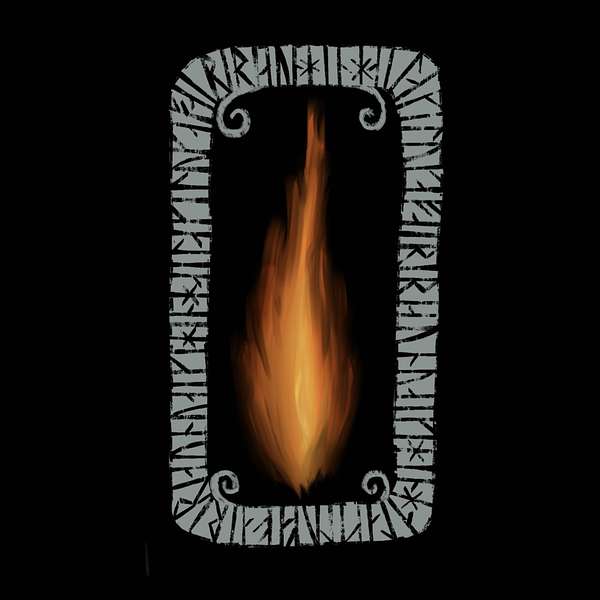
The Sacred Flame
The Sacred Flame Podcast is about the pre-Christian traditions of Northern Europe hosted by Mathias Nordvig and Amina Otto. It's available on Buzzsprout and most podcasting platforms. The Sacred Flame Podcast comes out twice a month with information and perspectives on Northern European traditions, mythology, history, and philosophy.
Mathias Nordvig has a PhD in Old Norse mythology and teaches Scandinavian studies at the University of Colorado-Boulder.
Amina Otto has an MA in Old Norse and Gaelic studies and is doing a PhD in Norse-Gaelic Viking culture at Glasgow University.
The Sacred Flame
Freyja and the Dwarfs: Sex and Sexuality in the Viking Age
In this episode, I'm discussing sex and sexuality in the Viking Age --and far, far beyond. I departure from the story about Freyja sleeping with four dwarfs in exchange for the necklace Brisingamen. I discuss other, related stories, not least Ari Thorgilson's report that Hjalti Skeggjason was outlawed for calling Freyja a "bitch" in a poem that he composed in the year 999. From there, I consider other reports on Scandinavians' sexlives in the Viking Age, and what they mean for the general picture we get of pre-Christian attitudes to sex and sexuality. I relate this to factoids about human evolution, our physical configuration, and our inner hormonal processes associated with sexual activities. From there, I take it to a global level and discuss some aspects of other cultures' sexual practices. If you listen to this episode and feel that I don't give you a straight answer to what we can take from this knowledge of history in terms of applying it to our lives today, you'll have gotten the point: it's not for me to decide or even suggest how you should relate to this subject.